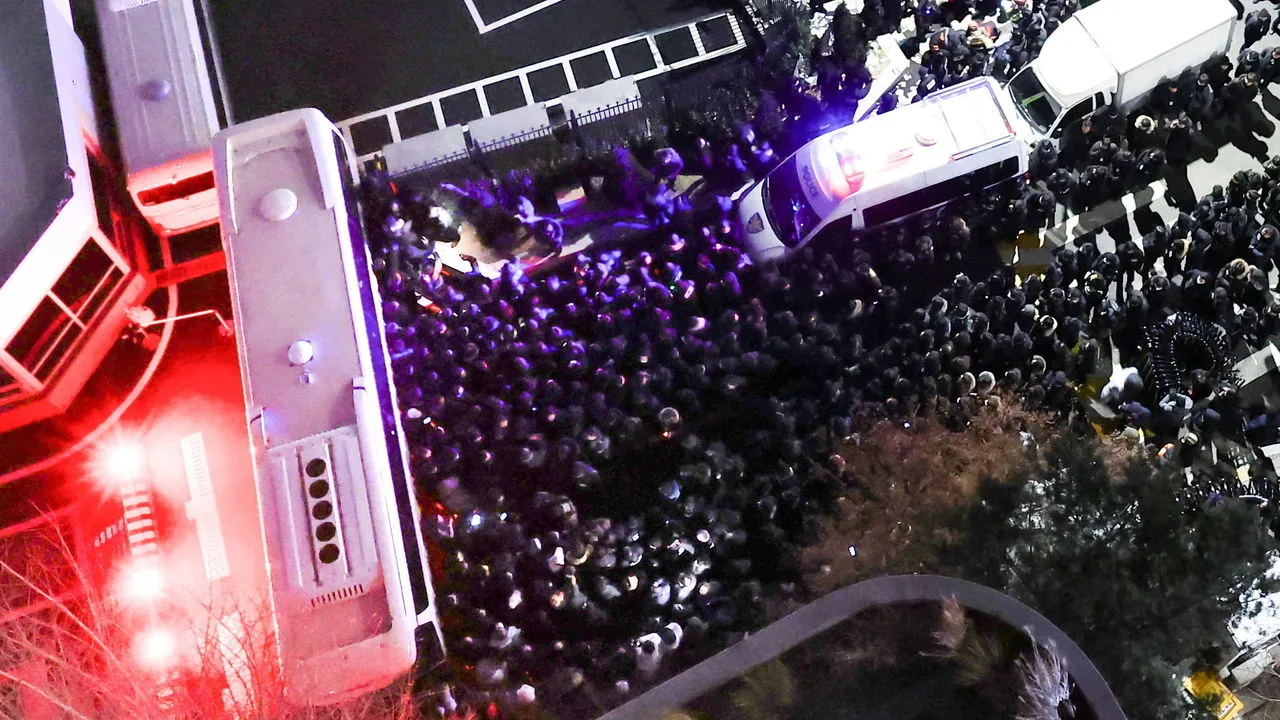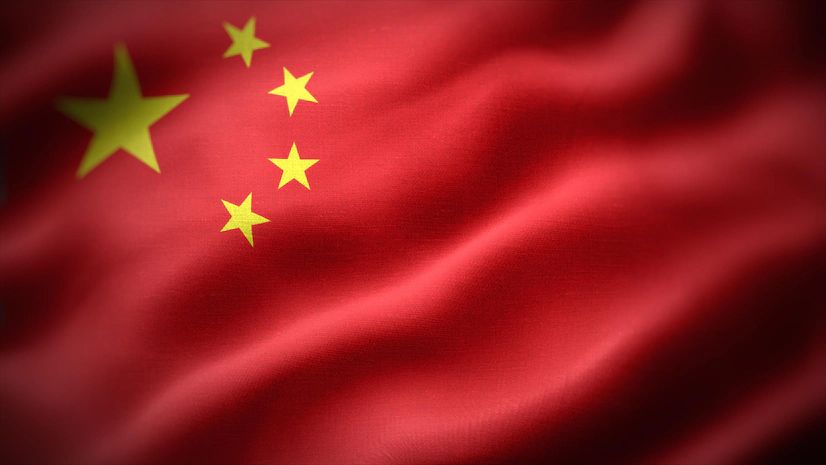South Korean President Yoon Suk Yeol was arrested on Wednesday in a dramatic pre-dawn raid, marking an unprecedented moment in the nation’s history. Yoon, 64, became the first sitting South Korean president to be taken into custody, ending weeks of intense standoffs between investigators and his security team.
Investigators accused Yoon of insurrection after a failed martial law declaration on December 3 that threw the country into political turmoil. Parliament had already impeached him, suspending his duties, but his removal from office now awaits a decision from the Constitutional Court.
The arrest unfolded as 1,000 officers and investigators breached barricades surrounding Yoon’s residence in central Seoul. Equipped with ladders, bolt cutters, and other tools, they overcame barbed wire and security perimeters to detain the president. Crowds gathered outside his home, with Yoon’s supporters denouncing the arrest as a political attack while his critics cheered, viewing it as a triumph of justice.
In a video released before his arrest, Yoon called the investigation “illegal” but pledged to cooperate to avoid violence. Following his detention, investigators revealed that he remained silent during questioning.
The political crisis began after Yoon’s controversial martial law declaration, which he justified as a defense against “anti-state” threats allegedly tied to North Korea. However, critics saw it as a desperate power grab after his administration was weakened by an opposition landslide in the previous general election.
Since then, tensions have escalated, with protests erupting across the country. Parliament’s impeachment of Yoon and the subsequent investigation intensified divisions between conservatives and progressives, leaving South Korea in a state of deep political polarization.
With the Constitutional Court expected to rule on Yoon’s impeachment in the coming weeks, the nation faces an uncertain future. For now, South Korea’s embattled leader remains under investigation, and the country remains gripped by one of the most dramatic political crises in its history.




